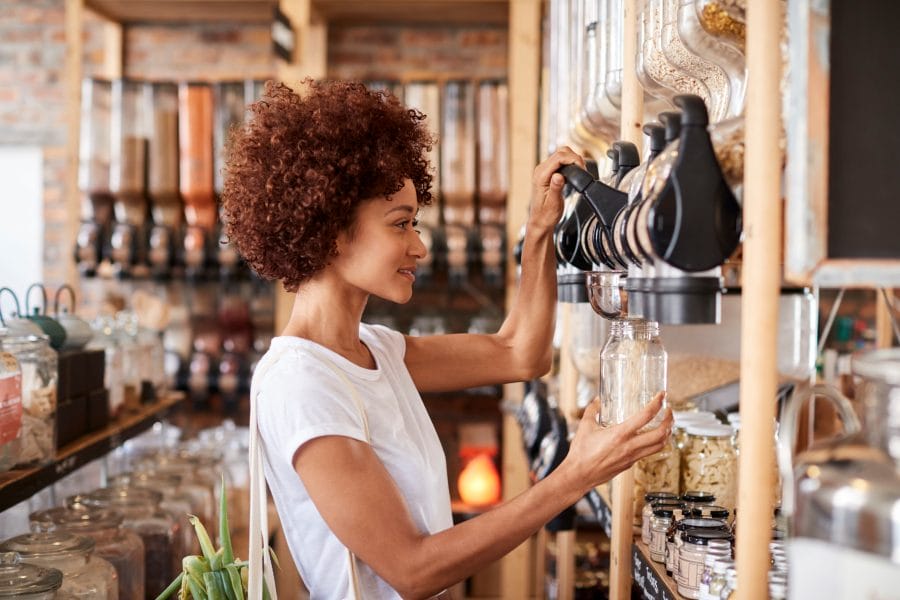It’s good to recycle stuff when we’re finished with it – but it’s even better not to make, use and then get rid of that stuff in the first place. Reducing waste cuts down our consumption of virgin materials and avoids the damaging carbon emissions associated with landfill and incineration. This is why keeping things in use for longer, buying less and reducing waste all help tackle the climate emergency.
We support boroughs in their waste prevention efforts; we work with businesses who create products and services which reduce waste throughout the supply chain; and we communicate directly with Londoners about reducing their own waste at home.




